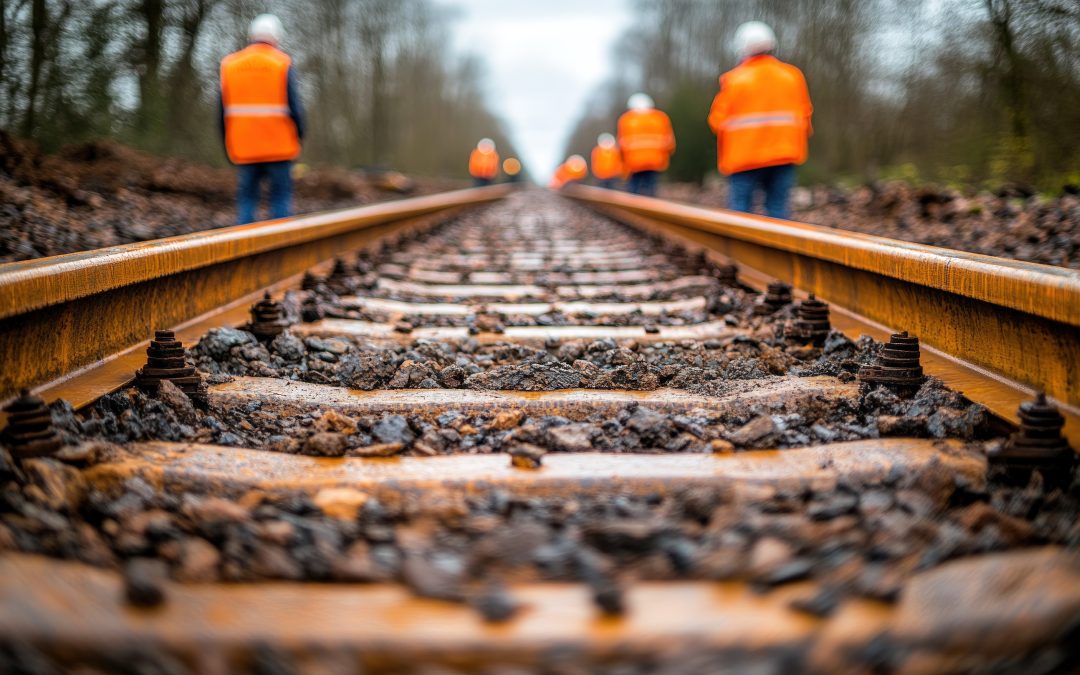FP2-R2DATO D7.3: Perform simulation with initial implementation of the Data Factory The FP2 R2DATO project advances...

For Shift2Rail members, together with the wider railway community, keeping essential passenger and freight services running while protecting rail staff, is a priority during the coronavirus outbreak. At this critical time, railway companies across Europe are closely collaborating with public authorities at European, national and regional level to ensure that the mobility needs of health workers and other citizens with socially critical functions, as well as businesses, are met.
The rail sector, as other sectors, is deeply feeling the impact of the pandemic, with international and national passenger traffic significantly reduced following containment measures and restrictions put in place by European countries. Rail operators are informing customers concerning the rescheduling and cancelation of services, and implementing goodwill measures and a flexible approach to manage the evolving situation. When services are running, rail companies are implementing the necessary measures to ensure the protection of passengers as well as the safety of front-line onboard and security staff.
What’s more, some passenger trains have been transformed in a short time to support medical services for the transfer of sick people!
Moreover, freight is engaged strongly in supporting the corridors for the timely transfer of goods through the continent, with a special focus on food and health supplies, leveraging rail’s strengths and connecting logistic value chains. The railway community is very appreciative of the European Commission’s initiative to provide Green Lanes at border-crossings to expedite the transportation of goods, as per its Communication of 23 March 2020.
Shift2Rail would like to recognize and thank its Members and the wider railway community for the necessary measures they are putting in place under difficult circumstances, to ensure the crucial continuation of the mobility of people and goods during this exceptional period. It is time also to look at how to enhance the overall resilience of rail transport and mobility services, being ready to take stock and understand how to better answer the future needs of passengers and logistic value chains.
Also in this time of crisis, rail continues to strive to be the backbone of mobility and logistics. The rail sector will be vital in boosting and mobilizing investment, and supporting the recovery of the European economy.